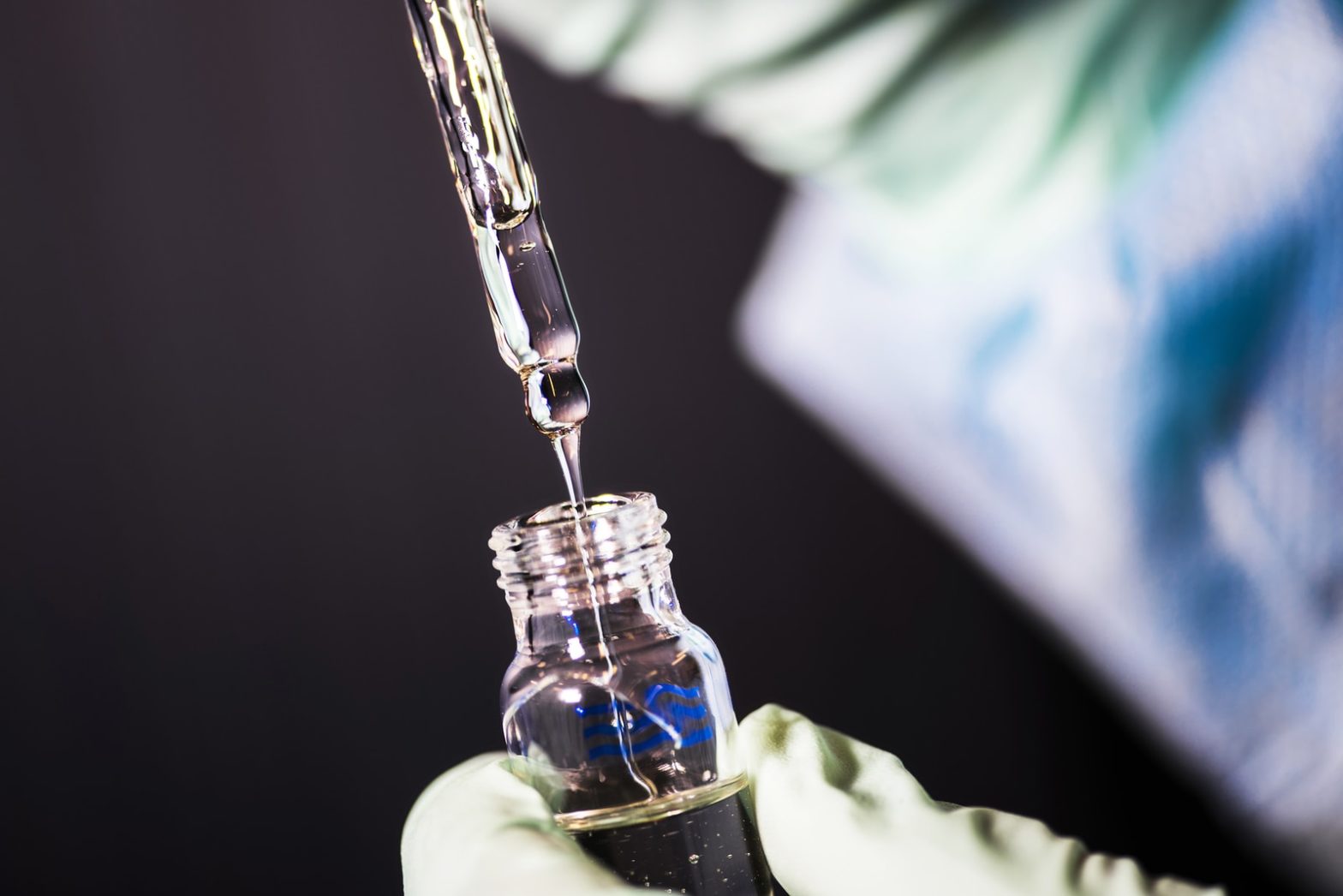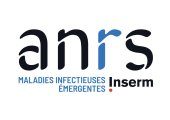Description
ART initiation during primary HIV infection limits the establishment, diversity and distribution of the viral reservoir while preserving key lymphoid organs of the deleterious effects of persistent viral replication and chronic immune activation, favoring the optimal maturation of immune responses. Early ART initiation may even facilitate long-term post-treatment control in some individuals. Therapeutic interventions during primary HIV infection offer therefore an exceptional opportunity to durably impact both the virus and the immune responses and hold great promise in the search of HIV remission.
Recently, the passive intravenous administration of single or combined potent anti-HIV broadly neutralizing antibodies (bNAbs) has shown spectacular therapeutic effects, delaying viral rebound after ART discontinuation in several clinical studies. This may be related to the ability of bNabs to mediate several antiviral activities: (i) bNabs prevent viral spread by directly neutralizing cell-free virions and cell-to-cell transmission with great efficacy; in addition, bNabs can potentially (ii) contribute to eliminate HIV-infected cells through antibody-dependent cell-mediated cytotoxicity (iii) form immune complexes with viral antigens that stimulate persisting autologous T-cell and B-cell responses.
The objective of the ANRS 176 RHIVIERA02 study is to evaluate if the administration of a treatment consisting of dual long-acting HIV-specific broadly neutralizing antibodies (3BNC117-LS & 10-1074-LS (bNAbs)), in combination with an antiretroviral therapy in individuals with primary HIV-1 infection when compared to ART alone (plus placebo) will favor a period of HIV-1 remission when ART is interrupted 52 or 76 weeks later. The underlying hypotheses of the study is that the early presence of bNAbs will contribute to a faster control of viral replication and to reduce the levels of infected cells through antibody mediated cytotoxic activities, while favoring the development of “enhanced” autologous immune responses. In combination with the beneficial effects of early ART summarized above, this intervention may favor the control of HIV replication after treatment interruption.











